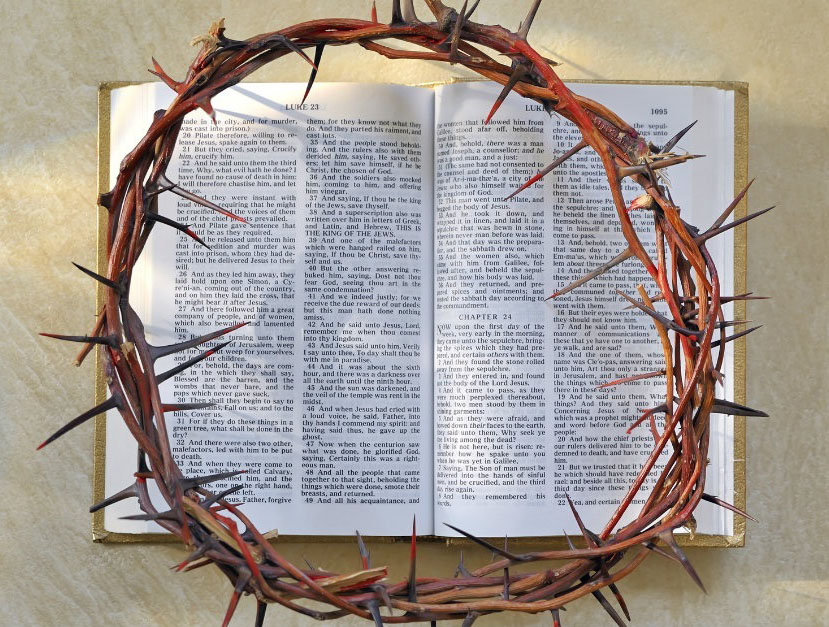
Wednesday
Preparation Day of Rest
The scripture accounts of this last week in the life of Jesus don’t tell us anything about this day. But when we count the days articulated in the story seem to indicate that there was another day which the Gospels don’t mention.
The silence of the Gospel texts invite reflection and conversation, both of which I imagine happened in great detail that day. The disciples must have been reflecting on what they’d seen so far that week, wondering what was going on, how it all fit together, imagining what might happen next. The space they rested in might have also been populated with fear, excitement, anxiety, expectation, chaos and maybe even divisive conversation.
What was Jesus doing? Did he withdraw from them to be alone, to pray, to meditate? Did he engage them in conversation? Suffer their hypotheses or elucidate his purpose? When we wonder about this week we naturally ask what did Jesus know? In being God incarnate could he foresee the future as it would play out – in general, or minute by minute? Or was he an astute observer who could read the writing on the wall, tell that what dynamics were emerging from the growing political tension, religious reformation and populist movements? In this day of rest, preparation for the Passover (the remembering of how God delivered the Israelites from slavery to freedom, from a slow death in a well worn prison to the potentiality of promise in a new land) Jesus might very well have thought about death, what meaning his life had and what was possibly about to unfold. How did this impact his relationships with his closest friends on this day of rest, relationality and regrouping.
We will all die one day. That is one of the few things we can be sure of. But will we die well? That is less certain. Dying well means dying for others, making our lives fruitful for those we leave behind. The big question, therefore, is not “What can I still do in the years I have left to live?” but “How can I prepare myself for my death so that my life can continue to bear fruit in the generations that will follow me?”
Death often happens suddenly. A car accident, a plane crash, a fatal fight, a war, a flood, and so on. When we feel healthy and full of energy, we do not think much about our deaths. Still, death might come very unexpectedly.
Jesus died well because through dying he sent his Spirit of Love to his friends, who with that Holy Spirit could live better lives.
How can we be prepared to die? By not having any unfinished relational business. The question is: Have I forgiven those who have hurt me and asked forgiveness from those I have hurt? When I feel at peace with all the people I live with, my death might cause great grief, but it will not cause guilt or anger.Can we also send the Spirit of Love to our friends when we leave them? Or are we too worried about what we can still do? Dying can become our greatest gift if we prepare ourselves to die well.When we are ready to die at any moment, we also are ready to live at any moment.
Henri Nouwen (redacted from two online devotionals)
How do you think about your death, and your life now? It’s an unavoidable part of life. It’s part of life. How then do we react to it? How do we talk about it? How do we live with it? It’s probably the most important conversation for us to have with our loved ones, and yet it’s the one we most avoid and flee.
Help for such conversations can be found with the Conversation Project – a non-profit created and curated to empower such life-shaping conversations. You can find downloadable tools online HERE to help you with your own reflection and conversations.